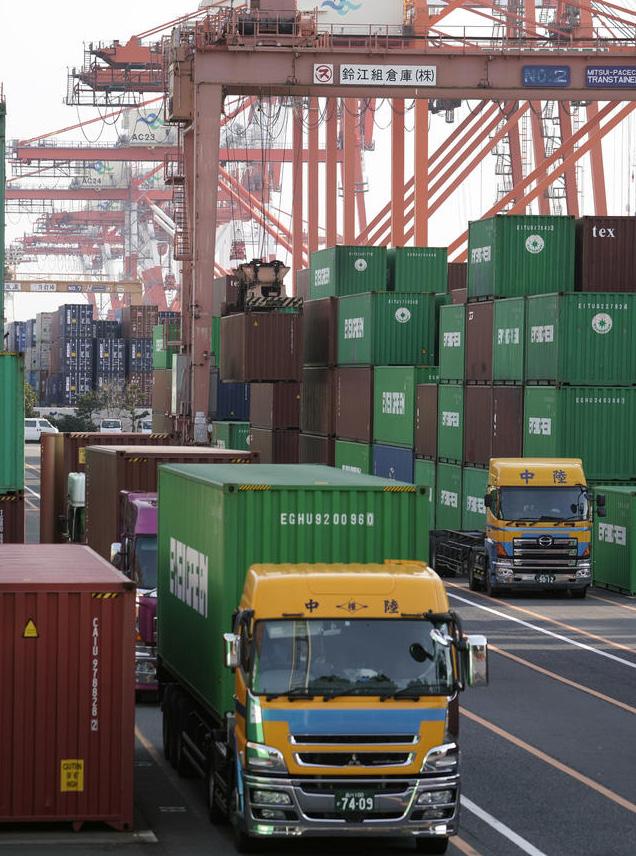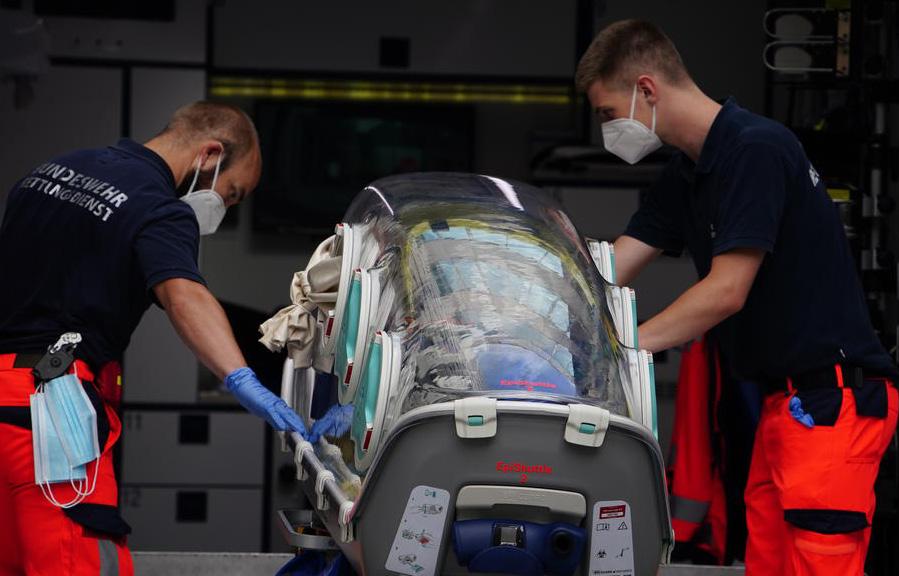
5 minute read
CommuniqEU
Corporate DispatchPro
KEITH ZAHRA
HEALTH Coronavirus: EU continues expanding future vaccines portfolio with new talks
The European Commission has concluded exploratory talks with CureVac to purchase a potential vaccine against COVID-19. This is following the positive steps with Sanofi-GSK on 31 July and Johnson & Johnson on 13 August and the signature of an Advance Purchase Agreement with AstraZeneca on 14 August.
The envisaged contract with CureVac would provide for the possibility for all EU Member States to purchase the vaccine, as well as to donate to lower- and middle-income countries or re-direct to European countries. It is anticipated that the Commission will have a contractual framework in place for the initial purchase of 225 million doses on behalf of all EU Member States, to be supplied once a vaccine has proven to be safe and effective against COVID-19. The Commission said it was pursuing intensive discussions with other vaccine manufacturers.
Ursula von der Leyen, President of the European Commission, said: “The European Commission delivers on its promise to secure rapid access for Europeans and the world to a safe vaccine that protects us against the coronavirus. Each round of talks that we conclude with the pharmaceutical industry brings us closer to beating this virus. We will soon have an agreement with CureVac, the innovative European firm that received earlier EU funding to produce a vaccine in Europe. And our negotiations continue with other companies to find the technology that would protect us all.”


Corporate DispatchPro

KEITH ZAHRA
ENVIRONMENT EU plans to cut greenhouse emissions further is technically and economically possible
A European Union plan to cut greenhouse gas emissions to 55% below 1990 levels by 2030 is technically and economically possible, according to researchers from German-based think tank Agora Energiewende.
In September, the European Commission is expected to propose a tougher EU climate goal for 2030, to steer the bloc towards its flagship target of net zero emissions by 2050, down from the nearly 4 billion tonnes of carbon dioxide equivalent it currently emits annually. The Commission will propose a 50% or a 55% emissions reduction for 2030 – up from an existing 40% goal. It would set the stage for planned EU reforms on tax, energy policy and the carbon market next year.
In analysis published this week, Agora Energiewende and the German research centre Oeko Institut lay out how the EU could revamp its climate policies to deliver the goal. The EU carbon market, which covers emissions from power plants, industry and European flights, has the greatest potential to cut emissions quickly.


Corporate DispatchPro

KEITH ZAHRA
TRADE EU and US agree on first negotiated reductions in duties in more than two decades
The European Union and the United States have reached an agreement on a package of tariff reductions that will increase market access for hundreds of millions of dollars in U.S. and EU exports. These tariff reductions are the first U.S.-EU negotiated reductions in duties in more than two decades.
Under the agreement, the EU will eliminate tariffs on imports of U.S. live and frozen lobster products. U.S. exports of these products to the EU were over $111 million in 2017. The EU will eliminate these tariffs on a Most Favored Nation (MFN) basis, retroactive to begin August 1, 2020. The EU tariffs will be eliminated for a period of five years and the European Commission will promptly initiate procedures aimed at making the tariff changes permanent.
The United States will reduce by 50% its tariff rates on certain products exported by the EU worth an average annual trade value of $160 million, including certain prepared meals, certain crystal glassware, surface preparations, propellant powders, cigarette lighters and lighter parts. The U.S. tariff reductions will also be made on an MFN basis and retroactive to begin August 1, 2020.


Corporate DispatchPro

KEITH ZAHRA
FOREIGN AFFAIRS EU welcomes Libyan ceasefire, calls for resumption of full oil production
The EU has welcomed the Libyan ceasefire announced earlier this week. In a statement, the Union’s High Representative, Josep Borrell, said that this is a constructive first step forward, which demonstrates the determination of the Libyan leaders to overcome the current stalemate and creates a new hope for a common ground towards a peaceful political solution to the longstanding Libyan crisis and the termination of all foreign interference throughout the country.
The European Union said it fully supports the agreement around the principles to immediately cease all military activities across Libya, requiring the departure of all foreign fighters and mercenaries present in Libya, and resume the negotiating process in the framework of the UN-led Berlin process.
It urged all the Libyan parties, and all those supporting them in any form, to translate these principles into concrete actions on the ground leading to a permanent ceasefire, as part of the discussions within the 5+5 joint military committee and to relaunch the political process. Borrell said that the Union took note of the announcements regarding the lifting of the blockade on oil infrastructure and called for these announcements to be followed by concrete developments in terms of a full resumption at full capacity throughout the country in the interest of all the Libyan people, along with the implementation of economic reforms with a view to agreeing on a fair and transparent distribution mechanism for oil revenues and to enhancing the governance of Libyan economic and financial institutions.






